How it feels when the drama is in full force.
This week, one of my clients let me know that he was struggling to bring two of his team leads together. These are valuable team members with the best of intentions, but they had put up their walls and stopped communicating with one another. My client was at a loss. He had tried to mediate and “fix” the situation for the umpteenth time.
How can your business thrive if your team can’t work together to solve your most important problems?
When there's a conflict in your team (especially among your team leads), it can feel as if every day is a constant struggle. As the CEO, you need to be thinking about the strategic opportunities and challenges in the business, but you keep getting pulled into the drama.
But the answer isn't to throw your hands up and give up. Maybe you'll have to let one or more of your employees go. But before you do, you need to ask yourself a few questions:
Q1. Have you communicated clear expectations for how they should notice and name unacceptable behavior, have hard conversations, and resolve conflict?
Chances are, as a CEO, you have a strong point of view about how your team should lead others and handle difficult situations. But you may not have clearly defined and communicated this “way” of leading to your team. They can’t read your mind. And they may not have had the life experiences that have equipped them to lead the way you want them to. So they just do the best they can.
For example, an expectation you might have for your team is, “If your message might be misinterpreted, it needs to be delivered face-to-face (Or at least by phone).”
Here’s another: “If you notice someone is acting out of alignment with our core values, address it with them as soon as possible with kindness and curiosity.”
The bottom line? If you can’t tell me exactly how your team should handle hard conversations and how you have communicated that message to them, then you can’t expect them to read your mind.
Q2. Have you provided them with training and practice on how to notice & name unacceptable behavior, have hard conversations, and resolve conflict?
Ok, so let’s give you the benefit of the doubt. Let's assume you have communicated your expectations for how to deal with the hard stuff. Unfortunately, it’s still not enough.
We all come with extra-special baggage from our families of origin and have deeply-ingrained patterns of responding to fear and conflict. Most of us didn’t have perfect parents who taught us healthy ways to work through situations like this.
That’s why you have to provide more than just expectations. You have to make sure they can actually do it. This means providing a safe space to learn and practice specific techniques for having hard conversations and giving feedback.
You may not be equipped to provide this kind of learning experience, and if you’re not, there are many organizations and consultants who can help. It’s an investment you won’t regret.
Q3. Are you holding them accountable for noticing & naming unacceptable behavior, having hard conversations, and resolving conflict? (Rather than swooping in as the “fixer”?)
Alright, you’ve communicated your expectations and you're sure they have the skills to really deliver., So you’re done, right? Sorry, nope.
The last step might just be the hardest for many of us. You, the CEO, have to consistently hold your leaders accountable for following through on all the skills they’ve learned. When they slip back into old habits of handling conflict, you have to name that behavior and remind them of everything they now know.
Most importantly, it means you need to fight the urge to slip back into your old habits. You're not there to fix things. Support them as they resolve the situation. Let them know that you believe in them and cheer them on when they take steps that you know are painful for them. That’s your job as a leader - to empower them to lead. To help them outgrow you.
Rewrite the Story, Don’t Join the Drama
If you’ve got drama on your team, stop and take stock of whether you’ve done these three key steps before you place the blame on the employee. Once you honestly have, if someone still can’t seem to move past conflict, you can choose to part ways knowing you’ve done everything you could to support their growth.
Until then, the blame for the drama in your business lies squarely on your shoulders.

